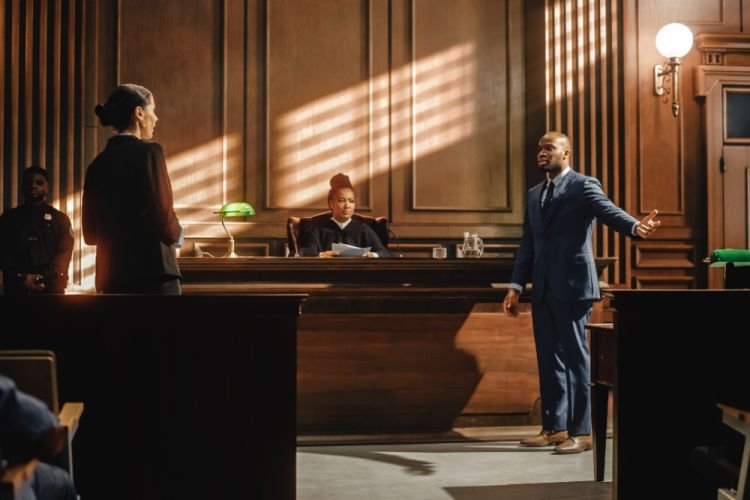
If you’ve been charged with a crime in New Jersey, one of the most critical steps in the legal process is the criminal court hearing. Whether you’re facing a misdemeanor or felony charge, understanding what to expect can help you navigate the system more confidently. This article outlines the key stages of a criminal court hearing in New Jersey, from the initial appearance to potential outcomes.
The Initial Appearance (First Court Hearing)
After an arrest, the first court hearing according to the criminal law is known as the initial appearance or first appearance. This typically happens within 24 to 48 hours if you are in custody. If you were released on a summons, the court will notify you of your scheduled hearing date.
At this stage, the judge will:
- Inform you of the charges filed against you.
- Advise you of your rights, including your right to legal counsel.
- Determine bail or pretrial release conditions, if applicable.
If you cannot afford an attorney, the court may appoint a public defender to represent you. If your charges are minor, the judge might set a later date for a plea hearing or trial.
Arraignment and Plea Entry
The next significant step is the arraignment, where you will formally enter a plea. You have three options:
- Guilty: You admit to the charges, and the case moves directly to sentencing.
- Not Guilty: You deny the charges, and the case proceeds to pretrial motions, hearings, or trial.
- No Contest (Nolo Contendere): You do not admit guilt but accept the conviction.
If you plead guilty, the judge may immediately impose a sentence, or schedule a later sentencing hearing. If you plead not guilty, the case moves to the pretrial stage.
Pretrial Proceedings and Motions
For more serious offenses, the court will schedule pretrial conferences to discuss evidence, witness testimony, and legal motions. At this stage, your attorney may:
- File motions to suppress evidence, especially if there were unlawful searches or procedural violations.
- Negotiate a plea deal with the prosecutor, which could lead to reduced charges or sentencing recommendations.
- Review discovery materials, including police reports, witness statements, and forensic evidence.
In some cases, the court may hold a probable cause hearing, particularly for felony charges, to determine if there is enough evidence to proceed to trial.
Trial (If No Plea Deal Is Reached)
If a plea agreement isn’t reached, the case moves to trial. In New Jersey, a defendant can choose between:
- A jury trial, where a panel of jurors decides the case.
- A bench trial, where the judge alone determines the verdict.
During the trial, both the prosecution and defense will present their cases, including:
- Opening statements outlining their arguments.
- Presentation of evidence, including witness testimony and cross-examinations.
- Closing arguments summarizing their case to persuade the judge or jury.
Once both sides have presented their cases, the jury (or judge in a bench trial) will deliver a verdict: guilty or not guilty.
Sentencing or Acquittal
If you are found not guilty, the charges are dismissed, and you are free to go. If you are found guilty, the court will schedule a sentencing hearing to determine your penalties. The judge considers:
- The severity of the offense.
- Prior criminal history.
- Mitigating factors (such as remorse or cooperation).
Sentencing may include fines, probation, community service, or incarceration, depending on the crime.
Final Thoughts
Navigating the criminal law and the court process in New Jersey can be overwhelming, but knowing what to expect at each stage can help reduce uncertainty. Whether you’re facing misdemeanor or felony charges, having a skilled criminal defense attorney by your side is essential. A strong legal defense can give you the essential education and help you explore options like plea bargains, case dismissals, or reduced penalties.
If you or a loved one is involved in a criminal case, consult with an experienced New Jersey criminal defense attorney to protect your rights and build a solid defense strategy.